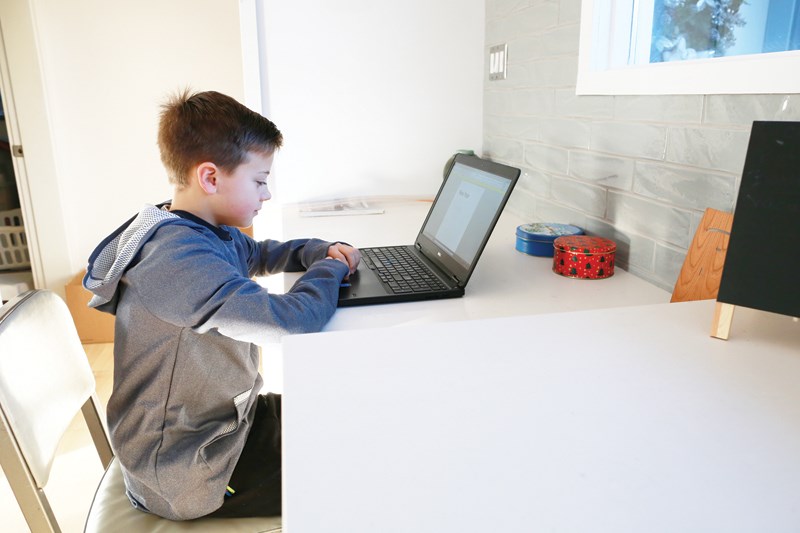January, 1967: 15-year-old Joan is answering the usual slew of questions that come from her parents before she goes out on a Saturday night.
Where is she going, with whom, how is she getting home? And does she have a quarter tucked away in her purse in case she needs to call home from the closest pay phone.
She gets exasperated, rolls her eyes and says to her parents, “I know what I’m doing. Don’t you trust me?”
January, 2017: Fifteen-year-old Shauna is heading out and her parents say to her, “Do you have your phone?”
Shauna’s parents have loaded several new apps onto her phone. As a result, her parents are able to find out where she is at all times and may even have access to much more personal information. There are a wide variety of apps now available to parents.
Net Nanny is an app that allows parents to block websites. The software features an alert system, notifying parents when their children try to access pornography or a site in which suicide is discussed.
Secure Teen goes further. Besides being able to filter out chosen types of sites, parents can also monitor everything the teen does on Facebook. As well, parents can monitor all texts and phone calls sent and received from the teen’s device.
Besides being able to block sites or types of sites, Teen Safe will give you and exact location of your teen in real time. Parents can also freeze their teen’s phone if, for example, she is texting and driving.
Joan in 1967 wondered if all the questions coming from their parents indicated a lack of trust.
Shauna in 2017 doesn’t even consider that. She knows that her parents plan to monitor her every move.
Is this healthy parenting? Generally, I would say no.
It makes sense that we want to protect our children from some of the very real dangers of cell phones and the internet. So bring your child into the discussion.
Talk to her about what you are planning to block and why. Listen to her when she has questions about your plans. Trust her to be ready to get involved in her own use of her phone.
Yes, you want to have some control of the media she is seeing. But if you do it behind her back you give her the message that you don’t trust her. I also bet she and all her friends will figure out a way to override your app.
Having a location finder function is handy but should be used when the child needs a ride home or is lost and contacts the parent. It should not be a way to stalk your teen every time she is out of the house.
What happens when parents take total control is that the teen is not learning to be a discerning user of their media.
And if he does stumble across a site or article that is disturbing - and he will - he is less likely to come and talk to you about it.
But if you have engaged him in the process of being aware of what he is reading he will work with you to keep himself safe.
Teens who are constantly monitored may continue to believe this is the way to live. I am told that it is not unheard of for couples who are dating to expect they will have access to their partner’s phone and be able to follow his or her activities. There would be no privacy.
My goodness, I expect that my children and husband will not go into my purse without my permission and I would give them the same respect.
We want to be aware of the dangers that can lurk for our kids online but taking away all their privacy is not the answer.
Talk to them, listen to them. If you see changes in their behaviour, pay attention.
It’s all about trust and communication. And that makes for a healthy teen-parent relationship.
Kathy Lynn is a professional speaker and author of Vive la Différence, Who’s In Charge Anyway? and But Nobody Told Me I’d Ever Have to Leave Home. If you want to read more, sign up for her informational newsletter at parentingtoday.ca.



